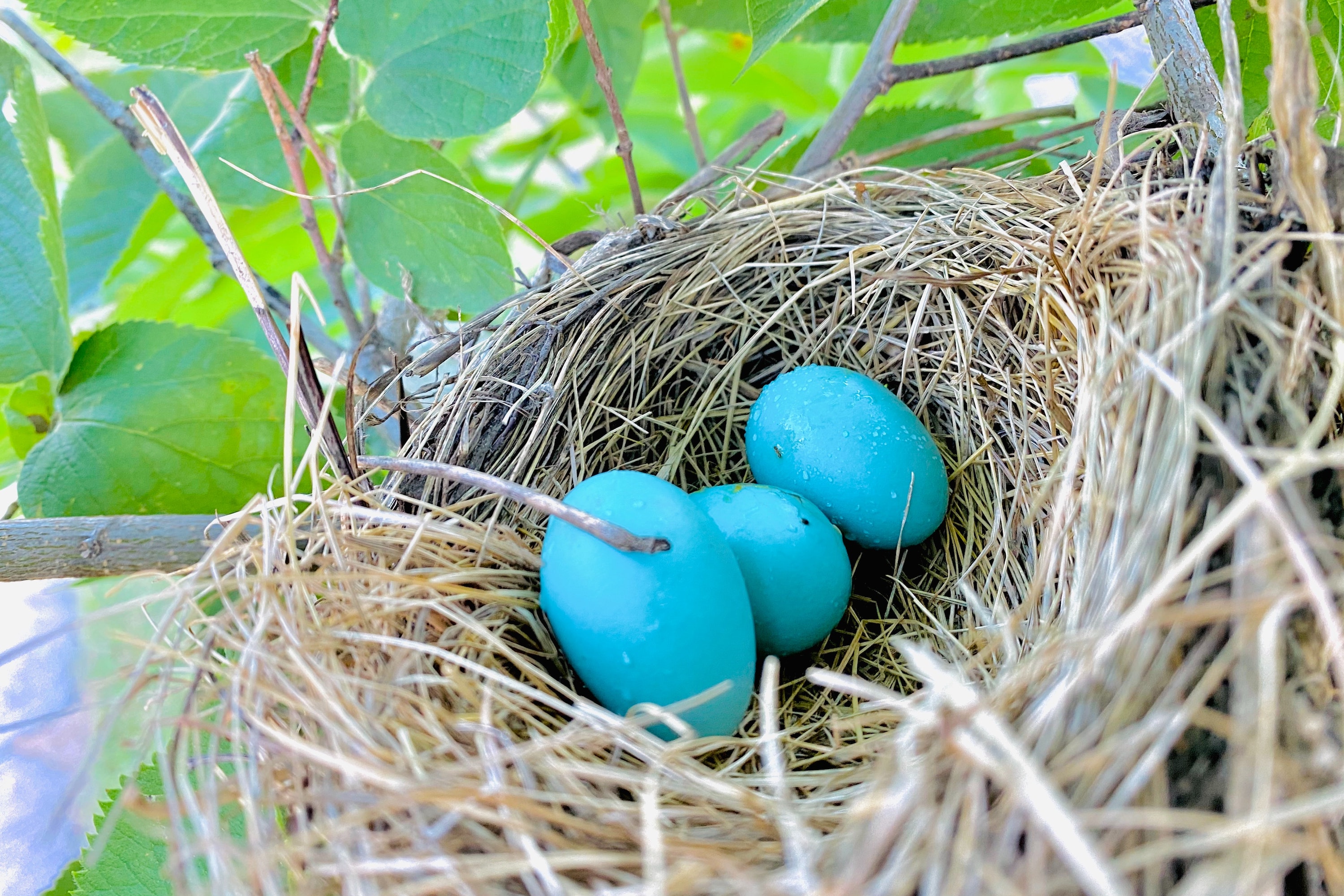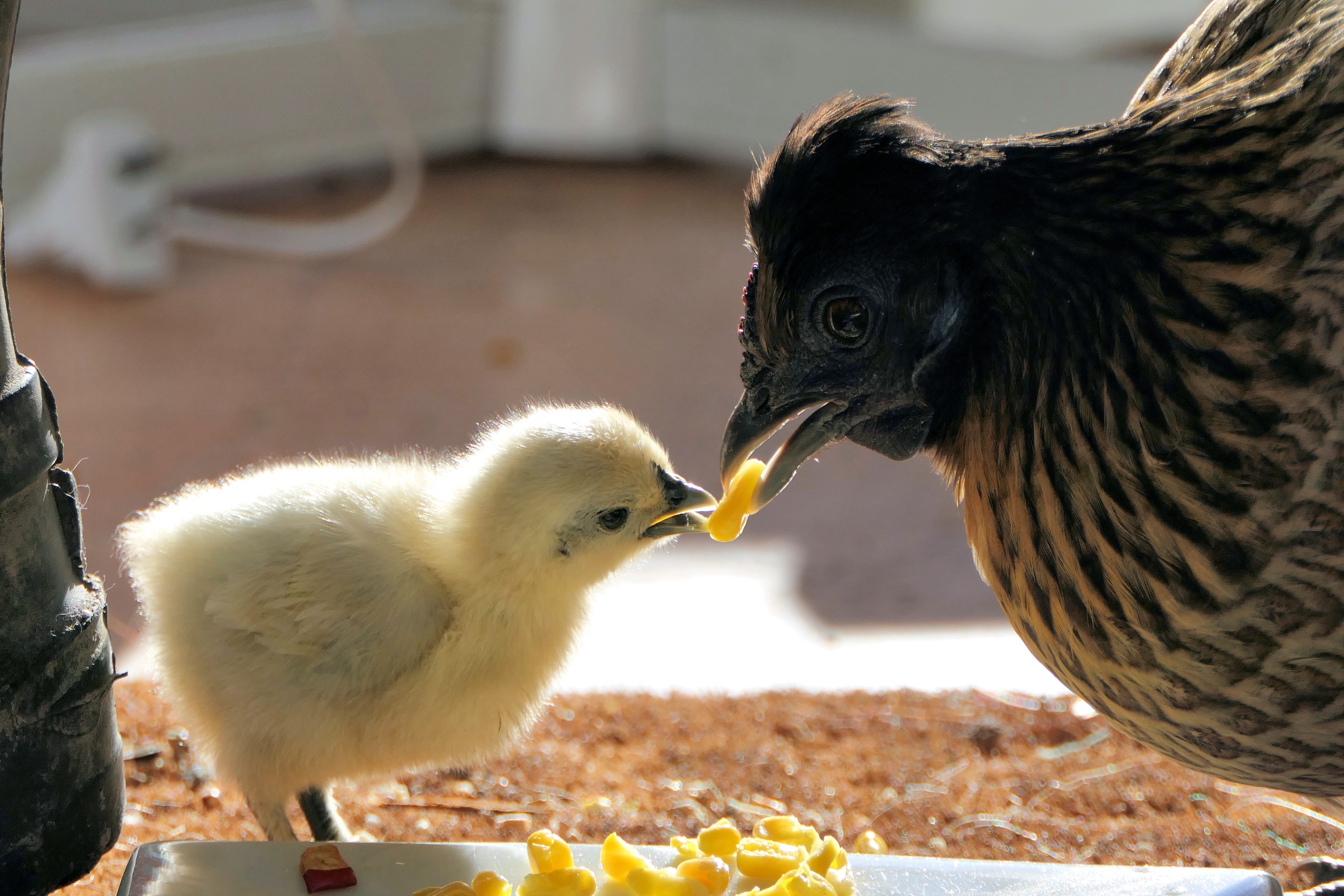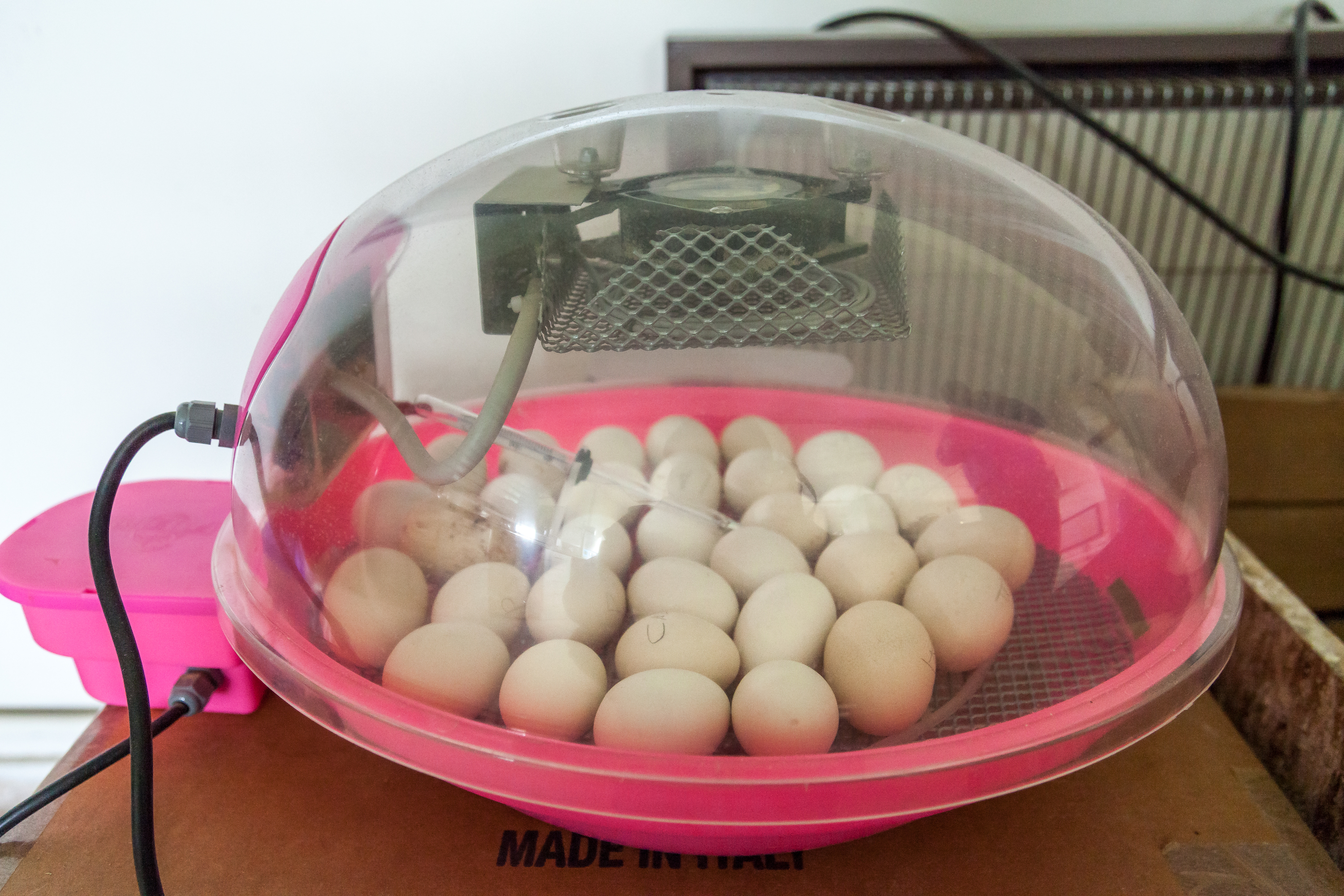Believe it or not, raising a young bird is a lot of work — even more so if you start from an egg. But like with any baby rearing, it's also very rewarding. You may get to have this wonderful experience if you ever decide to breed budgies, in which case mom will take the lead.
However, it gets tricky when you find an egg with no owner and try to raise it by yourself. You'll need to take into account that hatching an egg takes special care and equipment. There are also some very important considerations, like the laws that surround birds and their eggs. Here's how to care for a bird egg if you spot one out in the wild.

What should you do if you find a bird egg?
First, you have to understand there are laws at play here and act accordingly so you don’t wind up accidentally doing harm. Remember that the bird egg could actually be covered by the Migratory Bird Treaty Act, which would make it illegal for you to possess it.
If you’re uncertain which species the egg belongs to, you should not take your chances. On the other hand, it’s a myth that mama birds don’t want you to place their eggs back in the nest. If you find one near a roost and it very clearly belongs there (the other eggs look identical and there are no birds in sight) you can safely return it to its home.
How do you know if a bird egg is alive?
The truth is, you might not be able to tell if the egg is still alright when you find it on the ground. Check to see if it’s warm, which will be a really good indication that it might be OK. A frigid egg almost certainly does not contain life, as it won’t last long without the warmth of mom or another heat source. In addition, you can also look for veins, but you’ll need a darkened location to do so. Of course, if you spot cracks, you should leave it alone and let the circle of life take its course.

Can bird eggs hatch without the mother?
An egg in good condition can hatch without its parent. The best thing to do if you find one is to call your local wildlife rescue center and see if they are able to take it in. If the future chick belongs to a rare or endangered species, they might send someone out to collect it and raise it. Because rescues have a setup already, they’ll place the egg in an incubator and care for it.
If all goes well, the experts will then look after the baby bird while it’s young, possibly even with members of its own kind. For an animal intended for release, they might try to train it to hunt or find food on its own. You need a good deal of professional knowledge to do this though (and probably a permit).

How do you take care of a bird egg without an incubator?
Of course, going at it on your own will be quite a bit trickier, especially since you likely don't have a professional-grade incubator lying around. Instead, follow these steps to help the little birdie hatch successfully.
Step 1: Figure out what kind of egg it is. Gauge its size, color, and shape then try to determine the species. Knowing what type of bird you have will go a long way to caring for it.
Step 2: Keep it warm. Fertile eggs must stay warm to stay alive. The exact temperature and setup depend on the species, but we’re talking approximately 100 degrees Fahrenheit with 50% humidity.
Step 3: Rotate the egg. The soon-to-be bird also needs to be turned frequently or the embryo might wind up getting stuck on the bottom. Aim for three turns per day.
Step 4: Wait for him to emerge. You’ll have to guess how long it will take for it to hatch, which, again, varies by type. When the birdling is getting ready to come out, leave it alone. Do not ever help a bird out of its shell as you may end up taking him out too soon. Sometimes the pip, or first break, will come long before he emerges, a day even.
Step 5: Prepare for the next step. While the hatching process is happening, get ready to care for the new arrival, who will need many daily feedings and will grow very quickly. We said it was a lot of work!
All in all, it’s probably best to leave the experts — wildlife centers and mama birds — to care for the eggs when possible. If you’re committed to raising birds though, look into opportunities to hatch chickens or adopt a mating pair of parakeets or canaries. Another option is to become a volunteer at your local wildlife bird rescue. You’ll still get all the delight of minding the eggs and caring for the infants without the stress of solo parenting, or a very hefty fine.
Editors' Recommendations
- Wondering how to take care of a hamster? Here are 8 pet hamster care tips that all beginners need to follow
- Wondering what to feed a baby bird? Here’s how to take care of an orphaned bird
- How to set up your guinea pig cage – here’s everything you need
- Bird won’t stop chirping? How to keep your pet bird quiet
- Is buying a baby turtle illegal? Here is how to bring home this reptile legally and ethically




